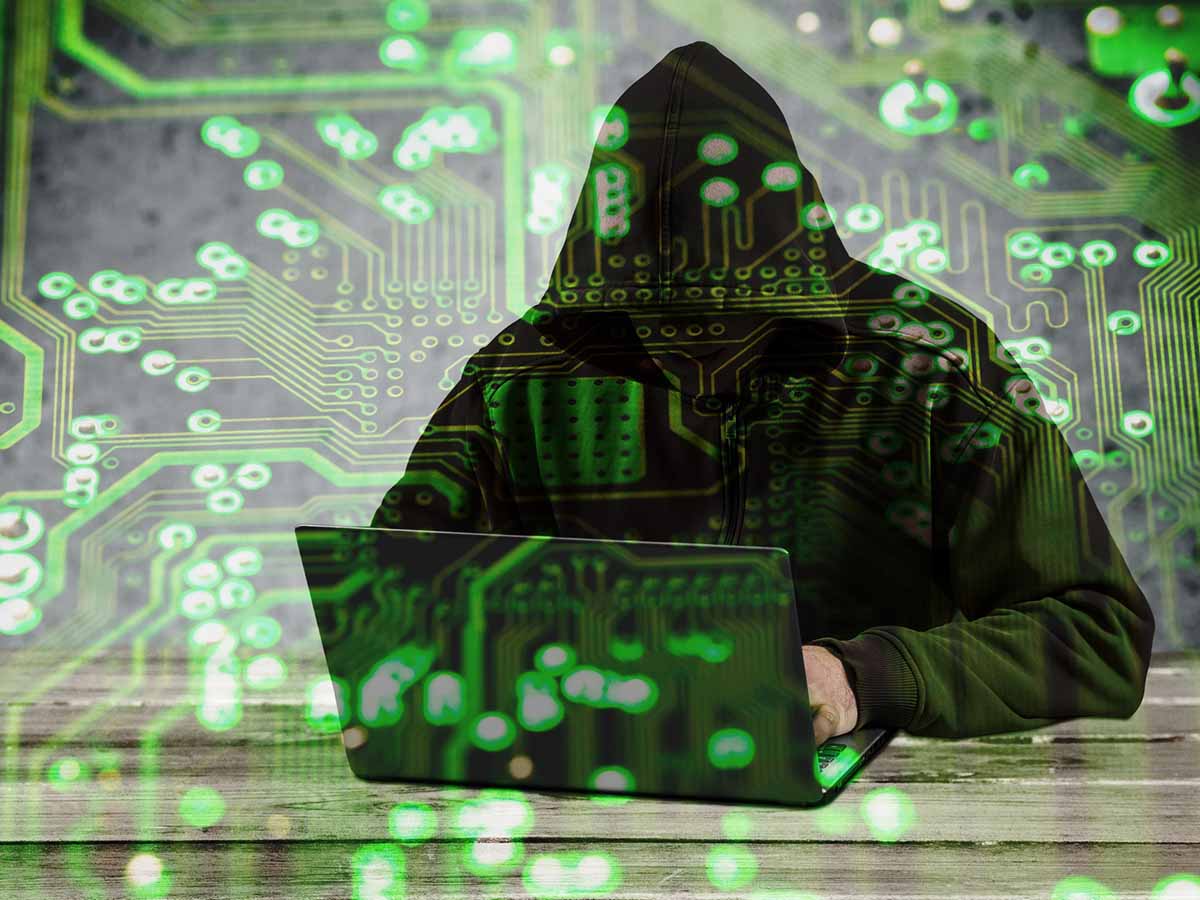Due Care refers to the steps or actions that a reasonable person would take in a particular situation to protect themselves or their organization from harm or damage. This could be in terms of setting up physical safeguards, establishing specific procedures, or employing a certain level of vigilance. It’s all about taking adequate preventative measures to minimize risk.
Due Care Examples
#1. Online Retailer’s Security Measures
An online retailer operating in today’s digital landscape is constantly exposed to various cyber threats. This makes it crucial for such businesses to demonstrate Due Care in protecting their systems and customer data.
Stay One Step Ahead of Cyber Threats
One way this is achieved is by installing the latest antivirus software on their servers. With new malware and viruses being created almost daily, having up-to-date security software is a necessary step to shield against these threats.
Also, due care doesn’t stop at simply installing the software. The retailer needs to continuously update it to ensure that newly emerged threats can be effectively tackled. Regular updates help keep the retail server secure and customer information safe, further showcasing the company’s commitment to due care in cybersecurity.
#2. Employee Training on Cyber Threats
In today’s digital world, employees often become the first line of defense against cyber threats. This is why due care often involves companies investing in regular employee training to spot and prevent potential cybersecurity issues.
Phishing scams, for example, are a common method that cybercriminals use to trick employees into revealing sensitive information. These scams often arrive in the form of deceptive emails that appear to be from legitimate sources.
By providing ample training on how to identify these threats, companies are showing due care. These practices empower employees with the knowledge to avoid falling for such scams, thus reducing the risk of a security breach significantly.
#3. Routine Network Monitoring
Network monitoring is another essential aspect where due care in cybersecurity comes into play. Continuous vigilance over network activities can catch unusual or suspicious behavior that may indicate a breach or potential threat.
An IT professional who keeps a regular check on these activities is a good example of how due care is demonstrated. By continually assessing the network state, they can promptly identify possible problems and take necessary actions to address these issues.
This is an ongoing, proactive step, not a reactive one. It’s about preventing potential threats before they become full-blown problems. This high level of attentiveness, being always on guard, is indeed a crucial facet of due care in cybersecurity.
Conclusion
In summary, due care in the digital landscape embodies taking proactive steps to protect against cyber threats. This could be evidenced through practices such as installing updated antivirus software, educating employees about potential threats, and maintaining constant vigilance over network activities.
Key Takeaways
- Due Care can be defined as taking the steps a reasonable person would to minimize risk or damage.
- Companies can demonstrate due care by installing the latest antivirus software on their servers.
- Employee training about cybersecurity threats, such as phishing scams, is an important aspect of due care.
- Routine network monitoring by IT professionals is another proactive measure of due care in cybersecurity.
- Due care is all about taking adequate preventative measures rather than responding to problems after they occur.
Related Questions
1. Why is due care important in cybersecurity?
Due care is important because it demonstrates a company’s commitment to safeguarding sensitive information and mitigating the risks of a cyber attack. It could also potentially limit legal liability in case of a data breach.
2. How does employee training contribute to demonstrating due care?
Employee training increases awareness of cybersecurity threats, equipping staff with knowledge and skills to avoid pitfalls. This indicates the company’s proactive approach to protecting its system, which is an aspect of due care.
3. What is the role of network monitoring in due care?
Network monitoring enables the early detection of potential threats, allowing for rapid response and prevention of data breaches. This continuous vigilance is part of practicing due care in cybersecurity.
4. How can an online retailer demonstrate due care in practice?
An online retailer can demonstrate due care by installing and regularly updating antivirus software, implementing strong data encryption to protect customer data, and having incident response plans in place.
5. Are due care and due diligence the same?
While related, the two concepts are slightly different. Due care refers to the actual actions taken to protect against threats, while due diligence involves identifying potential risks and understanding how they can affect an organization. Both are crucial in a robust cybersecurity strategy.
"Amateurs hack systems, professionals hack people."
-- Bruce Schneier, a renown computer security professional






